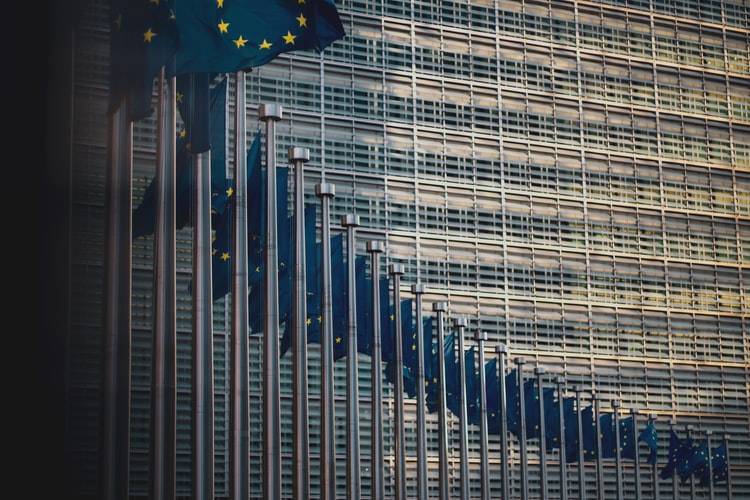The European Union is preparing to unveil a detailed plan for a digital wallet that allows citizens within the union to store payment details and passwords, according to the Financial Times. This digital wallet comes in response to requests from member states to find a secure way for citizens to access public and private services online. The wallet securely stores payment details and passwords, enabling citizens from all 27 countries to log into local government sites or pay utility bills using a recognized singular identity.
Additionally, the EU-level wallet represents a repository for storing official documents such as a driving license. Access can be granted through fingerprint scanning or retinal scanning, among other methods. Participants noted that using the wallet would not be mandatory, but citizens who choose to register would benefit from a more secure digital ecosystem and greater flexibility, ideal for a post-pandemic life. Thierry Breton, the EU Commissioner responsible for digital policy, stated earlier this year that the new digital identity provides every European with keys to a digital twin.
To protect citizens, EU officials are imposing a structural separation that prevents companies accessing user data from utilizing it for any other business activity. Brussels is engaging in discussions with member states to provide guidelines on technical standards for rolling out the digital wallet, which is expected to be fully operational in about a year. The new proposals are part of a revision of the current e-ID system at the EU level, which has seen low uptake, with only 19 countries offering digital identities, and not all of them being mutually compatible. Member states determine how to implement the system.
EU officials hope that increased digital literacy and the heightened use of digital tools during the pandemic will bolster the new system. Regulators also emphasize the accessibility of public and private services if individuals choose to register. For instance, anyone renting a car could use their digital wallet to do so remotely through an application that verifies their identity and issues an electronic key, allowing them to access the vehicle immediately without having to wait in line at the airport. The digital wallet is designed to be simple and secure, protecting users online, and individuals will also have the ability to control how much information they share, unlike with Google and other companies that do not allow such choices.




